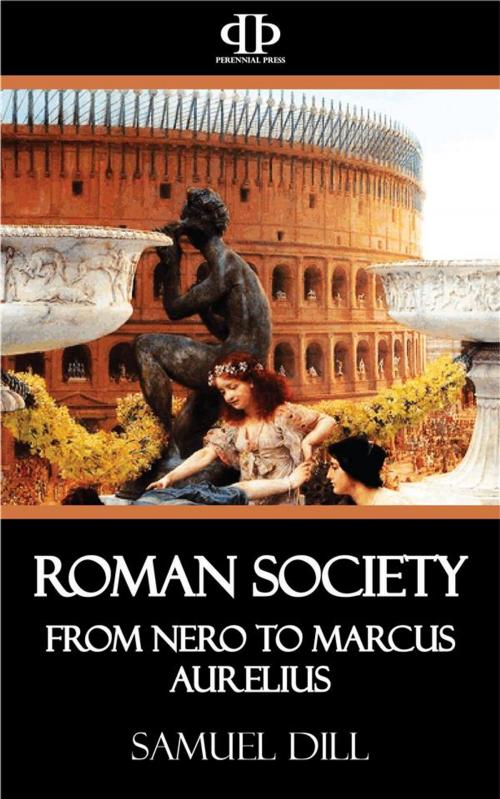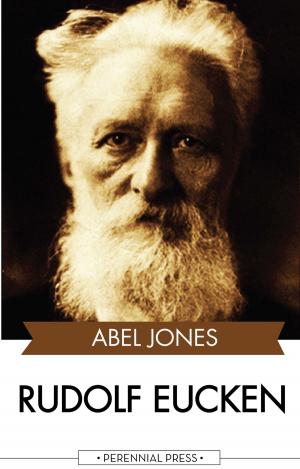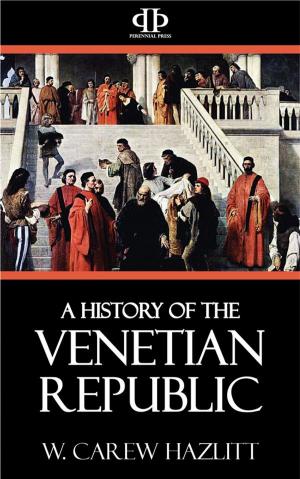| Author: | Samuel Dill | ISBN: | 9781518352256 |
| Publisher: | Perennial Press | Publication: | December 27, 2015 |
| Imprint: | Language: | English |
| Author: | Samuel Dill |
| ISBN: | 9781518352256 |
| Publisher: | Perennial Press |
| Publication: | December 27, 2015 |
| Imprint: | |
| Language: | English |
There must always be something arbitrary in the choice and isolation of a period of social history for special study. No period can, from one point of view, be broken off and isolated from the immemorial influences which have moulded it, from the succession of coming ages which it will help to fashion. And this is specially true of the history of a race at once so aggressive, yet so tenacious of the past, as the Roman. The national fibre was so tough, and its tone and sentiment so conservative under all external changes, that when a man knows any considerable period of Roman social history, he may almost, without paradox, be said to know a great deal of it from Romulus to Honorius.
Yet, as in the artistic drama there must be a beginning and an end, although the action can only be ideally severed from what has preceded and what is to follow in actual life, so a limited space in the collective history of a people may be legitimately set apart for concentrated study. But as in the case of the drama, such a period should possess a certain unity and intensity of moral interest. It should be a crisis and turning-point in the life of humanity, a period pregnant with momentous issues, a period in which the old order and the new are contending for mastery, or in which the old is melting into the new. Above all, it should be one in which the great social and spiritual movements are incarnate in some striking personalities, who may give a human interest to dim forces of spiritual evolution.
Such a period, it seems to the writer of this book, is that which he now presents to the reader. It opens with the self-destruction of lawless and intoxicated power; it closes with the realisation of Plato’s dream of a reign of the philosophers. The revolution in the ideal of the principate, which gave the world a Trajan, a Hadrian, and a Marcus Aurelius in place of a Caligula and a Nero, may not have been accompanied by any change of corresponding depth in the moral condition of the masses. But the world enjoyed for nearly a century an almost unexampled peace and prosperity, under skilful and humane government. The civic splendour and social charities of the Antonine age can be revived by the imagination from the abundant remains and records of the period. Its materialism and social vices will also sadden the thoughtful student of its literature and inscriptions. But if that age had the faults of a luxurious and highly organised civilisation, it was also dignified and elevated by a great effort for reform of conduct, and a passion, often, it is true, sadly misguided, to rise to a higher spiritual life and to win the succour of unseen Powers. To the writer of this book, this seems to give the Antonine age its great distinction and its deepest interest for the student of the life of humanity. The influence of philosophy on the legislation of the Antonines is a commonplace of history. But its practical effort to give support and guidance to moral life, and to refashion the old paganism, so as to make it a real spiritual force, has perhaps hardly yet attracted the notice which it deserves. It is one great object of this book to show how the later Stoicism and the new Platonism, working in eclectic harmony, strove to supply a rule of conduct and a higher vision of the Divine world.
There must always be something arbitrary in the choice and isolation of a period of social history for special study. No period can, from one point of view, be broken off and isolated from the immemorial influences which have moulded it, from the succession of coming ages which it will help to fashion. And this is specially true of the history of a race at once so aggressive, yet so tenacious of the past, as the Roman. The national fibre was so tough, and its tone and sentiment so conservative under all external changes, that when a man knows any considerable period of Roman social history, he may almost, without paradox, be said to know a great deal of it from Romulus to Honorius.
Yet, as in the artistic drama there must be a beginning and an end, although the action can only be ideally severed from what has preceded and what is to follow in actual life, so a limited space in the collective history of a people may be legitimately set apart for concentrated study. But as in the case of the drama, such a period should possess a certain unity and intensity of moral interest. It should be a crisis and turning-point in the life of humanity, a period pregnant with momentous issues, a period in which the old order and the new are contending for mastery, or in which the old is melting into the new. Above all, it should be one in which the great social and spiritual movements are incarnate in some striking personalities, who may give a human interest to dim forces of spiritual evolution.
Such a period, it seems to the writer of this book, is that which he now presents to the reader. It opens with the self-destruction of lawless and intoxicated power; it closes with the realisation of Plato’s dream of a reign of the philosophers. The revolution in the ideal of the principate, which gave the world a Trajan, a Hadrian, and a Marcus Aurelius in place of a Caligula and a Nero, may not have been accompanied by any change of corresponding depth in the moral condition of the masses. But the world enjoyed for nearly a century an almost unexampled peace and prosperity, under skilful and humane government. The civic splendour and social charities of the Antonine age can be revived by the imagination from the abundant remains and records of the period. Its materialism and social vices will also sadden the thoughtful student of its literature and inscriptions. But if that age had the faults of a luxurious and highly organised civilisation, it was also dignified and elevated by a great effort for reform of conduct, and a passion, often, it is true, sadly misguided, to rise to a higher spiritual life and to win the succour of unseen Powers. To the writer of this book, this seems to give the Antonine age its great distinction and its deepest interest for the student of the life of humanity. The influence of philosophy on the legislation of the Antonines is a commonplace of history. But its practical effort to give support and guidance to moral life, and to refashion the old paganism, so as to make it a real spiritual force, has perhaps hardly yet attracted the notice which it deserves. It is one great object of this book to show how the later Stoicism and the new Platonism, working in eclectic harmony, strove to supply a rule of conduct and a higher vision of the Divine world.















